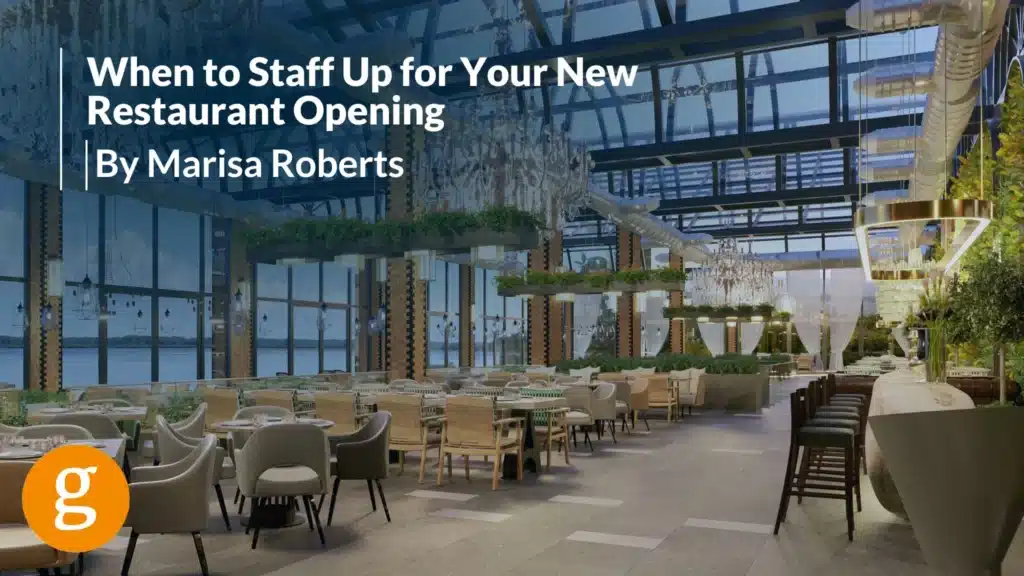Traveling Looks a Little Different These Days — How the Hospitality Industry is Responding
Goodwin Recruiting | Hospitality, Hotel Management, Industry News, Leadership, Restaurant Management | October 27, 2022

Covid-19’s disruption of the international travel industry cost the hospitality sector an immeasurable amount of money – but in our post-pandemic world with lockdowns and travel restrictions lifted worldwide, people are traveling again and plan to do so throughout 2022 and into 2023. In the United States alone, the U.S. Travel Association projects travel spending to surpass $1 trillion in 2022, a 45% increase from the big dip in 2020 due to the pandemic.
While the recent surge is encouraging for leisure and business travel and helping to restore profitability for the hospitality industry at large, full recovery within the hospitality sector has been thwarted by high fuel prices and rising transportation costs in general. Other deterrents, such as lingering fears of coronavirus transmission, the new monkeypox health crisis, and supply chain disruptions, are also impacting travel decisions and the global economy.
The hospitality and tourism industries are pushing forward
A recent hospitality industry survey by the American Hotel & Lodging Association (AHLA) found that 60% of Americans would take more trips this year compared to 2021. Still, higher prices are causing people to scale back and go shorter distances, with one-third likely to cancel altogether. Recent drops in gas prices have merely changed travelers’ choices of travel mode rather than have a material impact on travel volume. Global travel industry trends reflect similar dynamics.
Despite the many ongoing challenges, hospitality industry stakeholders remain resilient and committed to restoring business to pre-pandemic levels. Here are several strategies and innovations that are being deployed in the hotel industry and within the full hospitality sector.
Rise of the staycation in domestic travel resurgence
Staycations became a thing as early as 2009, but they have morphed into a lucrative post-pandemic opportunity for all participants in the hospitality industry, from lodging to recreation, food and beverage, and the travel and tourism sector. More than 67% of U.S. adults have done or will do a staycation this year, representing more than 173 million people – including individuals, couples, and families across generations.
There is no slowdown in this increasingly popular leisure travel concept, which involves taking a vacation at home or nearby accommodation. Staycations typically last a few days, providing a brief hiatus from routine life without the costs or hassles of planning and taking a traditional domestic or international travel excursion. This form of leisure travel is especially appealing to people who work from home, a segment that grew exponentially during the pandemic, who have more flexibility to take advantage of short-term leisure travel opportunities.
Domestic travel staycations can involve hotel room accommodations and a multitude of recreational and leisure travel activities, such as visits to local restaurants, museums, close-by attractions, cultural experiences, outdoor activities, winter breaks (also known as ‘sleighcations’), and other ways to explore and relax in the near vicinity of home. To reverse overall travel industry slowdowns, hospitality companies are forming partnerships with local organizations and venues to offer robust packages and diverse leisure travel options.
Bleisure travel is back in business
Steady recovery in business travel is getting a boost from hospitality companies that provide leisure travel experiences to business travelers. The result is more revenue and customer loyalty for hospitality industry stakeholders and exceptional experiences for domestic and international travel participants. The American Hotel & Lodging Association’s 2022 Midyear State of the Industry Report reveals that 47% of business travelers have extended a business trip for leisure purposes in the past year, and 82% expressed interest in doing so in the future.
Bleisure travel, which blends business and leisure travel and initially appealed mainly to younger travelers, is regaining popularity across all age groups. It represents 30%-35% of the global business travel market and is expected to reach US$497.5 billion in 2022 and will grow at a 19.5% CAGR over the next 10 years. All hospitality companies stand to benefit, and the food and beverage and tourism industries are prime beneficiaries.
Sustainability is improving domestic and international travel satisfaction
Independent hoteliers and hotel chains are responding to the strong trend in requests for eco-travel options, also known as sustainable travel, ecotourism, and responsible travel. In our post-Covid environment, with heightened consumer values and transformed buying behaviors, travelers are choosing suppliers and destinations that are committed to sustainability and environmentally focused practices. In a recent poll, travel agency advisors said more than 50% of their clients are frequently or sometimes asking for sustainable or eco-friendly options.
A recent survey by global travel network Virtuoso highlights how discerning travelers view sustainable tourism, with 80% of leisure travel respondents saying the pandemic made them want to travel more responsibly. Business travelers also want to reduce their carbon footprints. An SAP Concur survey of 1,000 business travelers found that 88% of respondents are willing to reduce their environmental impact while traveling, even if it means opting for less fancy hotels or traveling by bus instead of a car.
About four in 10 respondents said they would take fewer but longer business trips; 40% said they would stay in a less preferred but greener hotel; and about one in three said they would take public transportation. Younger travelers are most eager to adapt their travel plans, with 93% of Gen Zers and 89% of millennials willing to make changes that support sustainability.
Tapping into holistic services for healthcare and well-being
Many hotel industry and other lodging establishments are either entering or more fully penetrating the $1.5 trillion wellness and self-care market to boost profitability and attract health-minded travelers. Wellness programs are being incorporated into the offerings of hotels, resorts, and other accommodations at every level of the chain to make healthy travel accessible to all types of travelers. The concept is not new but has dramatically escalated since the coronavirus pandemic because people are focused on more healthy lifestyles, and this mindset seeps into their travel choices.
Some of the initiatives hospitality companies are introducing include specially furnished fitness hotel rooms, concierges who connect guests with local jogging courses, healthy menus, cooking classes, saline swimming pools, fitness centers, bike-share programs, electric vehicle charging stations, and outdoor activities that connect travelers with animals and nature. “Wellness Tourism” is booming, especially at luxury hotels, but participants across the hospitality sector are getting on board. Partnerships with other companies are enabling the adoption and expansion of these popular post-pandemic services and amenities.
Innovative technologies are leading the way in the hotel market
The most significant trends in the hotel industry right now are the adoption of advanced technologies that attract travelers, improve the guest experience, increase customer loyalty, and free up lodging and food services staff to focus more on guest service and satisfaction. The technologies are changing hospitality company business models and generating material savings for hotels and other lodging and dining establishments, as well as stakeholders in the tourism sector.
These technologies include near field communication (NFC) solutions, infrared technologies, and robots, which are designed specifically for the hospitality industry. NFC technology lets customers exchange data between their devices to make mobile payments instant and secure. Hoteliers are using infrared sensors to address customer complaints involving housekeeping interruptions in their hotel rooms. Hoteliers are also using robots to deliver amenities to guest hotel rooms and for many other purposes. Overall, hoteliers and hospitality companies across the board are investing in systems and technologies that automate processes and personalize the guest experience.
Advancement and full recovery call for the right talent
Despite resilience, steady recovery, and projected growth in the hospitality industry, companies are still struggling mightily with talent acquisition and retention. One big impact of Covid-19 caused job candidates to develop different job expectations than they had before the pandemic. Some of these include flexible work arrangements, training, and diversity and inclusion.
The answer to the hiring challenge in the hospitality industry is gaining access to an evergreen talent pool. When you have key positions to fill, or if you are an industry professional looking for your next role in the hospitality sector, contact Goodwin Recruiting. We have been a leader in hospitality industry placements for over two decades, consistently matching top talent with the right opportunities.
Share This Article






































